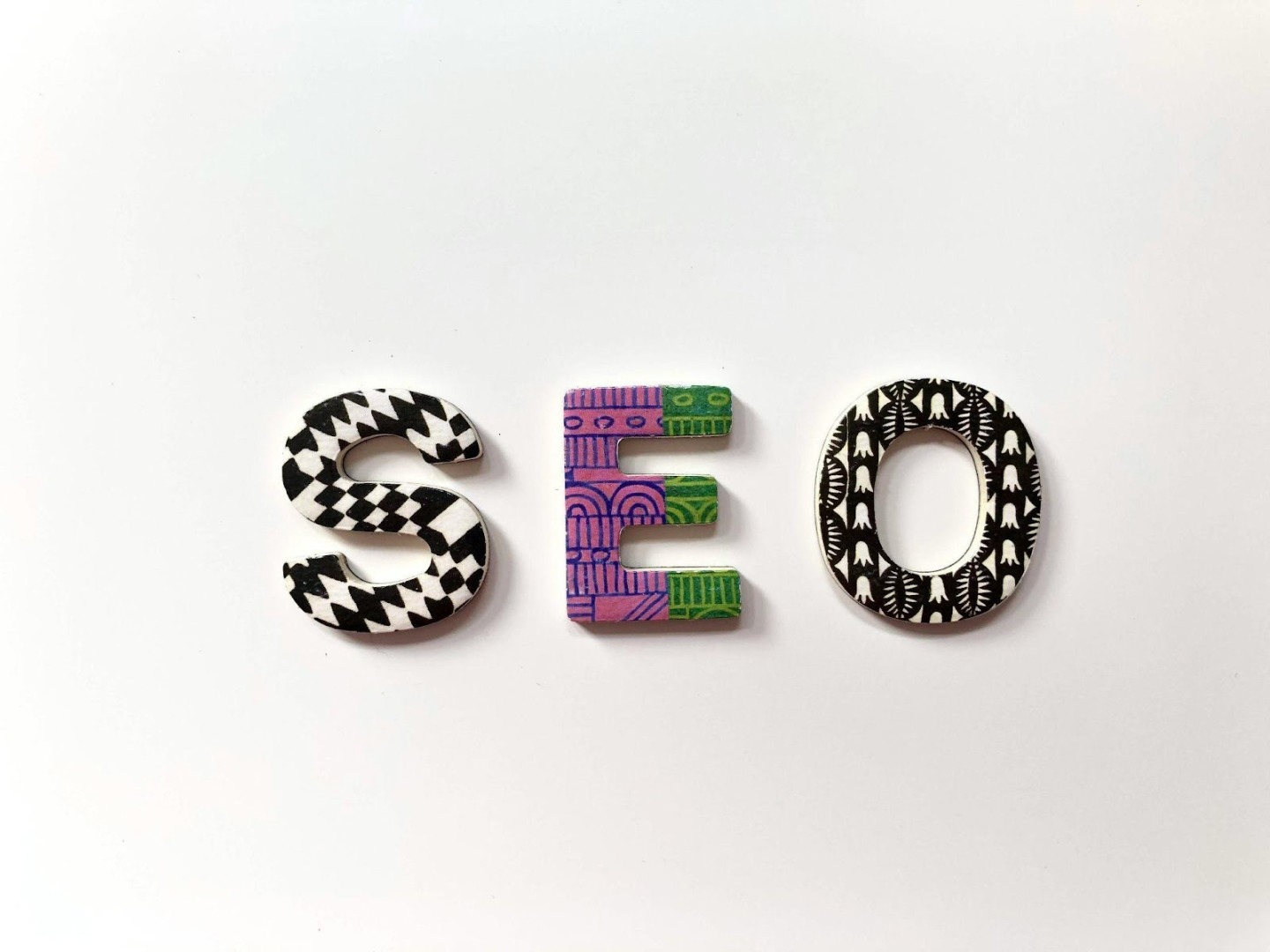These days, artificial intelligence plays a big part in how search engine algorithms work.
So, if you want more people to find your website, it’s essential to understand how AI impacts search engines.
SEO isn’t just keywords anymore. Search engines typically show people the most helpful and relevant results. Consider the concepts and contexts behind searches, not just specific words. You must optimize your content and link-building for AI-powered search engines.

1. Discovering New Opportunities
AI can identify keywords you may not have thought of using. The competition keeps getting tougher, so it’s wise to aim for subjects, keywords, and more that not everyone tries. Concentrating on uncrowded areas gives you a better shot at doing well in search results.
Trying to find all those unknown opportunities by yourself can take tons of hours, imagination, and work. However, artificial intelligence makes finding those opportunities much easier and more accessible. Finding a budget friendly SEO agency could help if you’re considering implementing some AI techniques for your operations.
2. Improving Content Creation
After finding the right opportunities, the next step is content creation. AI assists with content plans. When you input a target keyword into an AI-powered SEO tool, it will analyze a large volume of web content that ranks for that keyword.
Specifically, the tool can identify “content gaps” or topics related to the keyword that have not yet been heavily optimized by other sites. These represent opportunities to create unique content. It can spot any trending topics or subtopics that are gaining search volume and interest related to the keyword. The tool also gives metrics like the average number of sections the pages have.
3. Speeding Up the Research Process
While on-page SEO tactics like keywords, internal links, and backlinks still matter, search engines now focus more on user intent. AI SEO tools allow you to group related topics to answer search questions. You can determine the best length for content on a topic and properly use keywords and associated terms.
This helps content meet Google’s standards for being Expert, Authoritative, and Trustworthy (E.A.T.). AI also ensures that writing is easy to read. Optimizing content in this way can help increase dwell time, too. Dwell indicates how long people spend on your pages. If search engine users stay on a page longer, it tells search engines that people find the content valuable and useful.
4. Optimizing Voice Search
Voice search is getting more popular day by day. Optimizing your content for voice (voice SEO or VSEO) has become something every website owner needs to consider. Most voice searches come in the form of questions, so one way to optimize for voice searches is to answer the questions people are asking directly. AI tools can help with this by showing you common voice search questions. You can then create content tailored around answering those specific questions.
Another aspect of voice searching is that the interaction is conversational. Natural language processing (NLP) techniques come into play here. AI tools can assist by helping you write in a more conversational tone and flagging parts that are difficult to understand verbally.
Endnote
Combining the right AI technologies with an SEO strategy sets companies up for success in getting found and boosting visibility on search engines. The future is bright when SEO and AI come together to help businesses rank higher and reach new audiences.





